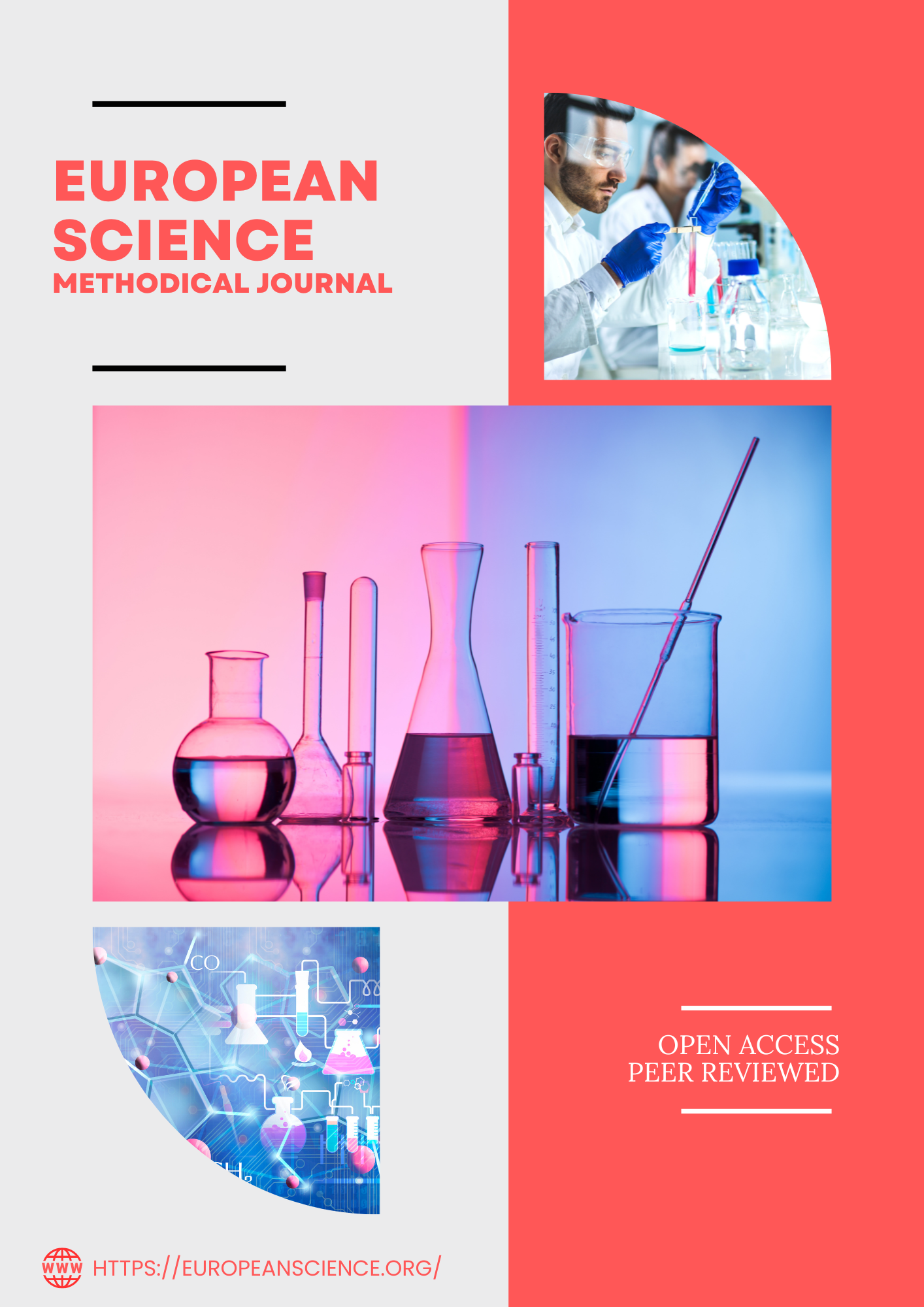STUDYING THE EFFECT OF GENETIC POLYMORPHISMS FOR CYP17A1 GENE ON WOMEN'S RISK OF POLYCYSTIC OVARIAN SYNDROME IN THE IRAQI GOVERNORATE OF DIYALA
Keywords:
PCOS , Exon , CYP17A1 , Polygenic.Abstract
Polycystic ovary syndrome is one of the most common disorders affecting the reproductive and endocrine systems among women of reproductive age. Because several cytochrome P450 genes, such as CYP17A1, CYP19, and CYP1F, have genetic polymorphisms that are associated with an increased risk of developing PCOS, PCOS is a disease that is polygenic in origin. The goal of the current study is to investigate the association between the genetic polymorphism of the CYP17A1 gene in the exon segment at the location of rs6162 and rs6163 variations and the risk of developing disease. Venous blood was drawn from 24 samples of women with polycystic ovarian syndrome and 24 samples of healthy women between the ages of 20 and 40 at the Al-Batoul Teaching Hospital in the Diyala Governorate, Iraq. DNA sequencing findings revealed two variants, rs6162 and rs6163, in the 454 base pair exon segment of the CYP17A1 gene. The variation of rs6162 shows that the A allele and the GA genotype are more ubiquitous in such patient group and could be related with a greater risk of polycystic ovarian syndrome. For the variation of rs6163, it was revealed that the patient group had more frequencies of the A allele and the CA genotype than the control group. These results show the probability that such a genotype is a causal factor in the disease.
Downloads
Published
Issue
Section
License

This work is licensed under a Creative Commons Attribution-NonCommercial 4.0 International License.















